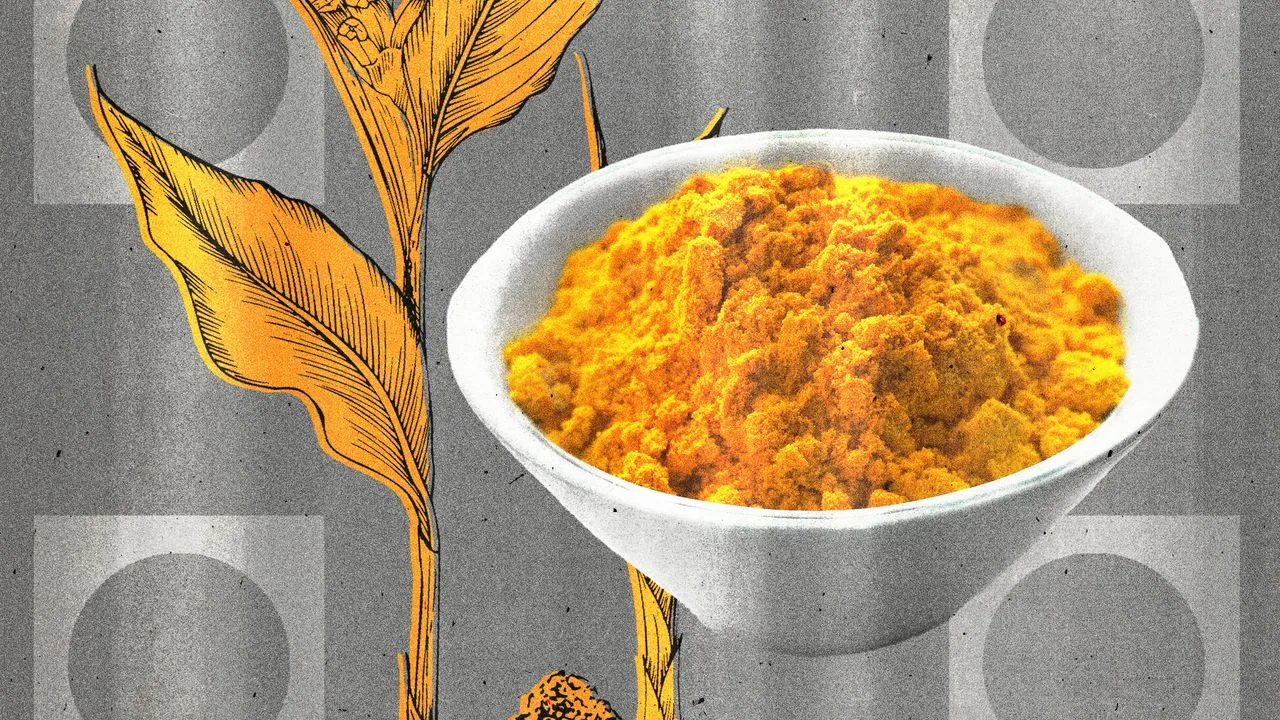Turmeric: A Natural Remedy for Joint Pain and Inflammation
Joint pain and inflammation can significantly impact daily life. Fortunately, natural remedies like turmeric offer a promising approach to managing these conditions. Dietitians and herbalists have long recognized turmeric’s beneficial properties, particularly its active compound, curcumin.
The Power of Curcumin
Curcumin is the key ingredient in turmeric responsible for its anti-inflammatory and antioxidant effects. It works by inhibiting molecules that contribute to inflammation in the body, potentially reducing joint pain and stiffness.
How Turmeric Helps with Joint Pain
- Reduces Inflammation: Curcumin’s anti-inflammatory properties can help alleviate swelling and discomfort in joints.
- Antioxidant Effects: Turmeric helps combat oxidative stress, which can exacerbate joint problems.
- Pain Relief: Some studies suggest that curcumin can provide pain relief comparable to over-the-counter medications.
Recommended Dosage
Determining the right dosage of turmeric is crucial for experiencing its benefits. Here’s what experts suggest:
- For general health: Incorporate turmeric into your diet through cooking or using it as a spice.
- For joint pain relief: Consider a curcumin supplement containing piperine (black pepper extract) to enhance absorption.
- Dosage range: Aim for 500-1000mg of curcumin per day, divided into multiple doses.
- Consult a professional: Always speak with a healthcare provider or registered dietitian before starting any new supplement regimen.
Ways to Incorporate Turmeric into Your Diet
- Add turmeric powder to your curries, soups, and stews.
- Make a turmeric latte (golden milk) with milk and a pinch of black pepper.
- Include turmeric in smoothies or juices.
- Use turmeric as a rub for meats or vegetables before roasting.
Important Considerations
- Absorption: Curcumin is not easily absorbed by the body on its own. Consuming it with black pepper (piperine) significantly improves absorption.
- Potential Side Effects: Turmeric is generally safe, but high doses may cause mild side effects like nausea or diarrhea.
- Drug Interactions: Turmeric may interact with certain medications, such as blood thinners. Consult with your doctor if you are taking any medications.
Final Overview
Turmeric offers a natural and promising approach to managing joint pain and inflammation. By understanding the benefits of curcumin, incorporating turmeric into your diet, and considering supplementation, you can harness the power of this ancient herb to support joint health and overall well-being. Always consult with healthcare professionals for personalized advice and to ensure safety.




+ There are no comments
Add yours